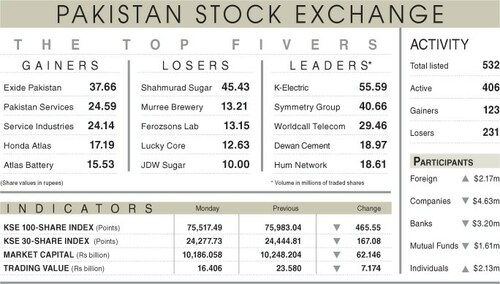DUBAI: The Group of 20 nations, representing the world’s biggest economies, announced Friday that low-income countries hardest hit by the fallout of the coronavirus pandemic could potentially get an extension on their debt payments beyond mid-2021, and in the most severe cases, a debt write-off.
The G-20 statement, released after a virtual gathering of the groups finance ministers and central bank governors, declared that the countries had agreed on a common framework for timely and orderly debt restructuring that aims to treat creditors equally and negotiate debt on a case-by-case basis.
But it did not specify which creditors would agree to possible debt cancellation. China, for instance, has repeatedly objected to portions of the debt relief plans. The country, considered to be Africas largest creditor, is reluctant to give up the billions it is owed from its politically strategic projects across the developing world as its own economy slows.
The meeting comes a month after the G-20 agreed to suspend $14 billion in debt payments for an additional six months to support 73 of the world’s neediest countries in their fight against the pandemic. Developing nations now have until June 2021 to spend on healthcare and emergency stimulus programs without fretting about grueling debt repayments to foreign creditors.
Although the pause on debt-service payments was welcomed as a reprieve, experts have pointed to the constraints of a scheme that leaves out private lenders like investment firms, banks and bondholders. Without buy-in from the private sector, economists say that poor countries emergency funds may just land in other lenders pockets, regardless of the G-20s concessions.
Published in Dawn, November 14th, 2020














































